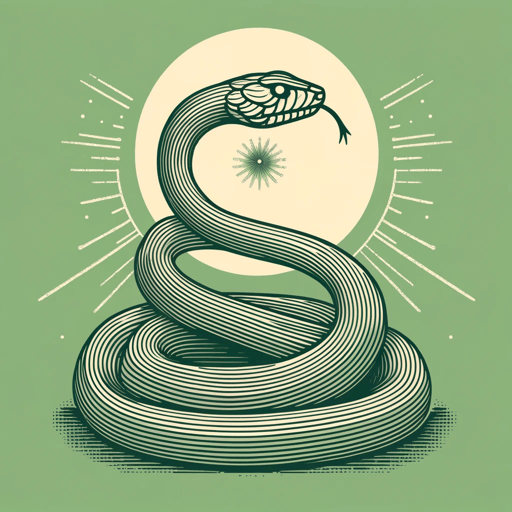44 pages • 1 hour read
Jordan B. Peterson12 Rules for Life: An Antidote to Chaos
Nonfiction | Book | Adult | Published in 2018A modern alternative to SparkNotes and CliffsNotes, SuperSummary offers high-quality Study Guides with detailed chapter summaries and analysis of major themes, characters, and more.
Important Quotes
“Higher spots in the dominance hierarchy, and the higher serotonin levels typical of those who inhabit them, are characterized by less illness, misery and death, even when factors such as absolute income—or number of decaying food scraps—are held constant. The importance of this can hardly be overstated.”
(Chapter 1, Page 15)
Peterson often links his rules to human biology and/or psychology. The first rule is “stand up straight with your shoulders back,” but Peterson talks about the neurological response to literal and figurative posture improvement. The main empowering biological change he discusses is the production of serotonin, a hormone that boosts happiness and stability. This hormone is powerful enough to change a person’s outlook on life and construct new possibilities.
“Maybe you are a loser. And maybe you’re not—but if you are, you don’t have to continue in that mode. Maybe you just have a bad habit. Maybe you’re even just a collection of bad habits. Nonetheless, even if you came by your poor posture honestly—even if you were unpopular or bullied at home or in grade school—it’s not necessarily appropriate now. Circumstances change. If you slump around, with the same bearing that characterizes a defeated lobster, people will assign you a lower status, and the old counter that you share with crustaceans, sitting at the very base of your brain, will assign you a low dominance number.”
(Chapter 1, Page 25)
Peterson’s outlook is ultimately optimistic. He believes in a person’s capacity for change. In this example, he asserts that a simple change of body language will turn into improvements both in self-image and in external valuations and respect. The comparison to lobsters is an organizational framework throughout the entire chapter. They are humanity’s metaphorical cousin in the examples of self- and community-worth, but they also apparently share literal similarities with humans under stress and in triumph.
“Order is not enough. You can’t just be stable, and secure, and unchanging, because there are still vital and important new things to be learned. Nonetheless, chaos can be too much. You can’t long tolerate being swamped and overwhelmed beyond your capacity to cope while you are learning what you still need to know. Thus, you need to place one foot in what you have mastered and understood and the other in what you are currently exploring and mastering.”
(Chapter 2, Page 44)


